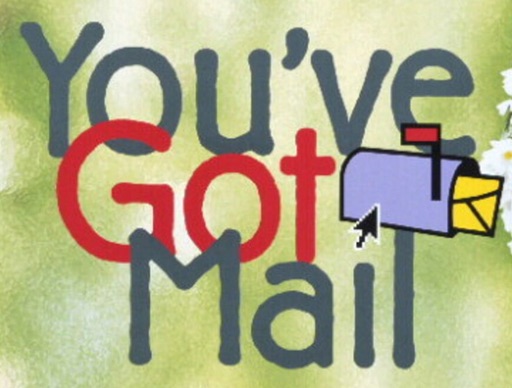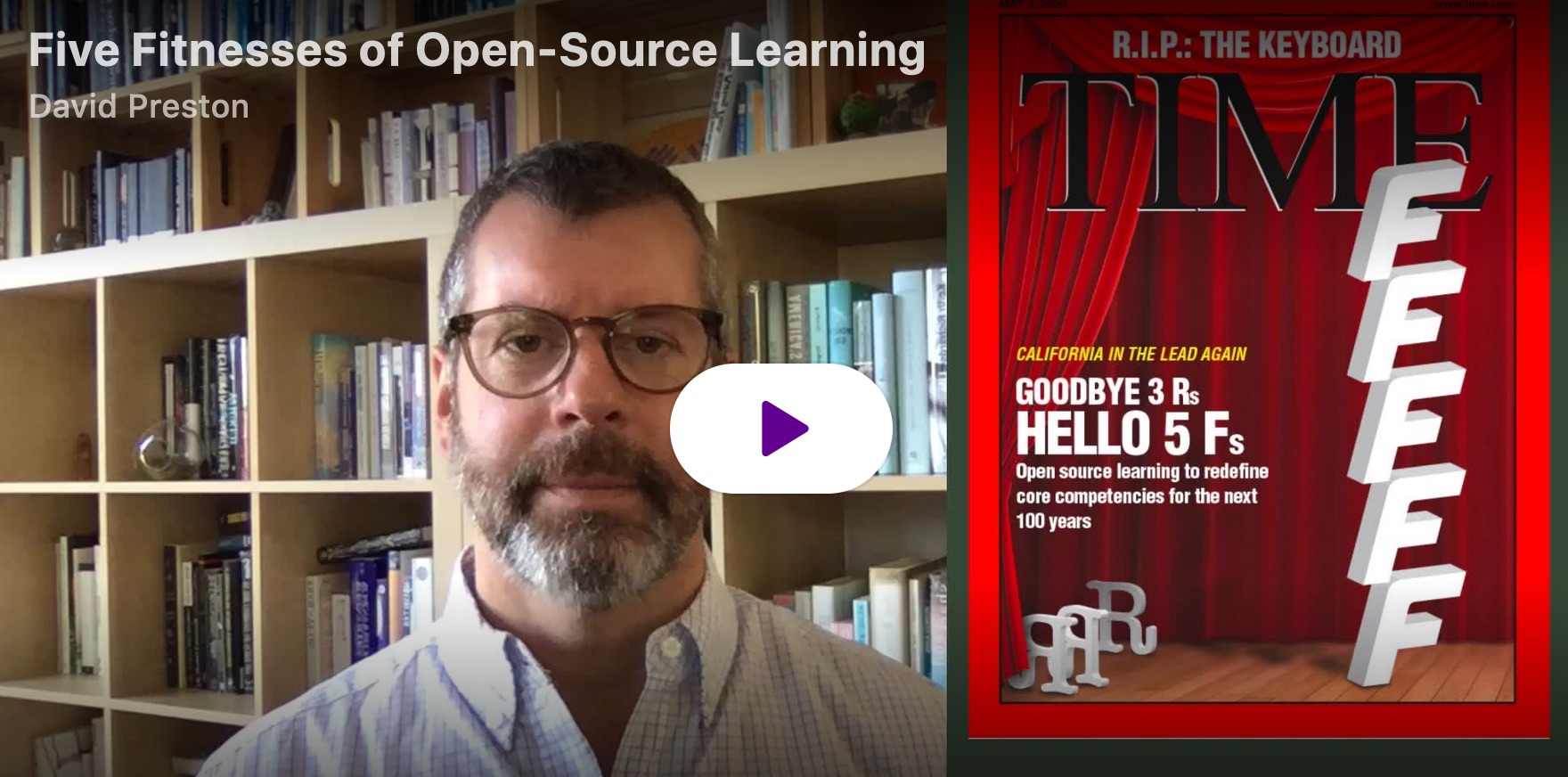Month: December 2021
-

IF only
This is a time of year for looking back and looking ahead. So, as we reflect and predict, let’s look at learning through a different lens. Educational institutions love acronyms, so here’s one: IF. Imagination. Faith. What IF, just for a moment, we forgot everything we thought we knew about education research, and instead based…
-

You’ve got mail (until we take it away)
THE PROBLEM I receive an email. I open it and keep it in my Inbox for future reference. It’s mine, right? Wrong. A REAL-TIME EXAMPLE Last Thursday, I opened Microsoft Outlook email. I use that account to collaborate with administrators in a school district where I advise an Open-Source Learning Academy program. But instead of…
-

Two dogs & the nature of story
The most important conflict narrative to understand is the one within ourselves. The idea of discipline as it’s presented in school is a perversion, a cruel joke designed to reinforce hierarchical authority and power. Discipline isn’t what others do to you. Discipline is what you develop in yourself as a driving force that guides your…
-

Teaching human subjects
Schools promote ideas like “lifelong learning” and “the whole child.” But most courses still focus on content. As a result, students graduate without learning about: the economy the internet their own minds We are raising veal for the rodeo. We need to teach people, not subjects. Students are passive. Learners are active. Successful participants in…